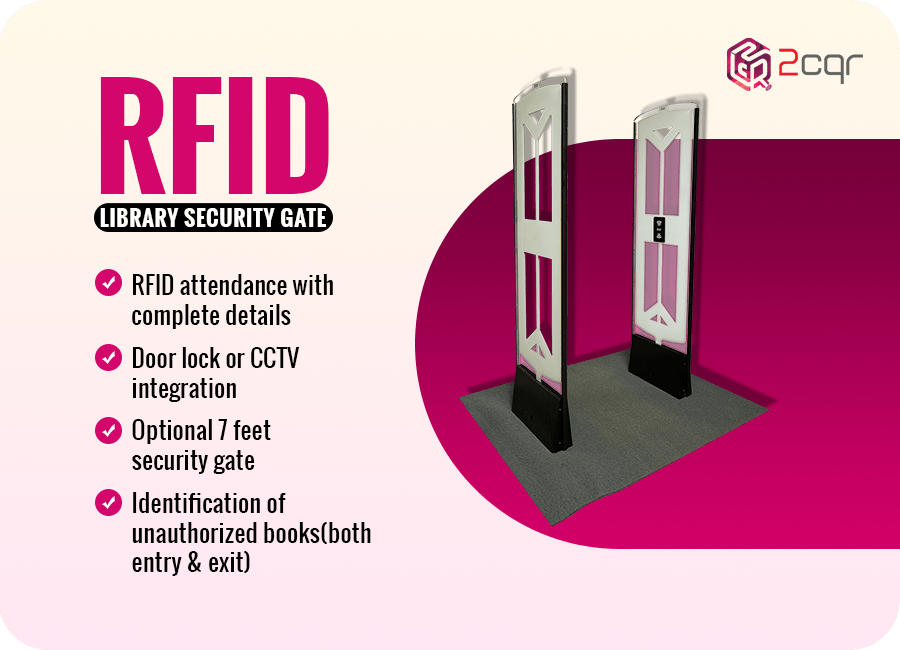
RFID technology for libraries has revolutionised library management, offering a range of applications from streamlined check in and check out processes to efficient supply chain management.
While RFID offers numerous advantages for large libraries, smaller libraries may find barcode systems to be a more practical and cost-effective alternative.
This article explores the why barcode technology is most suitable for smaller libraries and home libraries over RFID, considering factors such as cost, training, data security, and maintenance.
Expensive Custom Solutions:
Implementing RFID technology in libraries requires tailored solutions that meet specific library needs.
However, designing and implementing these custom solutions can be expensive, especially for smaller libraries with limited budgets.
The cost of hiring experienced professionals and acquiring the necessary equipment may exceed their financial capabilities.
Adequate Training for Effective Utilisation:
Adopting RFID solutions involves more than just implementation. It necessitates proper training for library staff to effectively understand and utilise the technology without disrupting existing library management workflows.
Without adequate training, staff may struggle to fully utilise the system’s functionalities and encounter errors during application processing.
Data Security Concerns:
Data security is a crucial consideration to implement RFID technology for libraries. Protecting sensitive library resources and user data requires strong access control measures and data encryption protocols.
However, implementing these security measures often includes additional expenses, which can pose a burden for smaller libraries with limited resources.
Regular Maintenance and Cost:
Maintaining an RFID system requires periodic attention to address wear and tear on RFID tags. Timely replacement of these tags is crucial to ensure long-term system efficiency.
However, this regular maintenance incurs additional costs that may not be financially viable for smaller libraries seeking cost-effective solutions.
Barcode Systems as an Alternative:
Instead of opting for RFID technology, smaller libraries can consider barcode systems as a more favourable alternative.
Barcode systems offer similar benefits to RFID, including streamlined management processes and efficient library operations.
Barcode systems are generally more affordable, requiring fewer upfront costs and less maintenance compared to RFID systems.
Conclusion:
While RFID technology has revolutionized library management and is an excellent choice for large libraries, smaller libraries and home libraries may find it less suitable due to the associated expenses and training requirements.
Implementing RFID technology in smaller libraries can be financially burdensome and may not offer significant advantages over barcode systems.
Considering the cost-effectiveness and simplicity of barcode systems, they remain a preferred option for smaller libraries, allowing them to enjoy similar benefits without straining their budgets.
Remember, implementing the most suitable technology depends on the specific needs and financial capabilities of each library. By carefully assessing their requirements, libraries can make an informed decision about whether RFID or barcode systems are the right fit for their unique circumstances.


